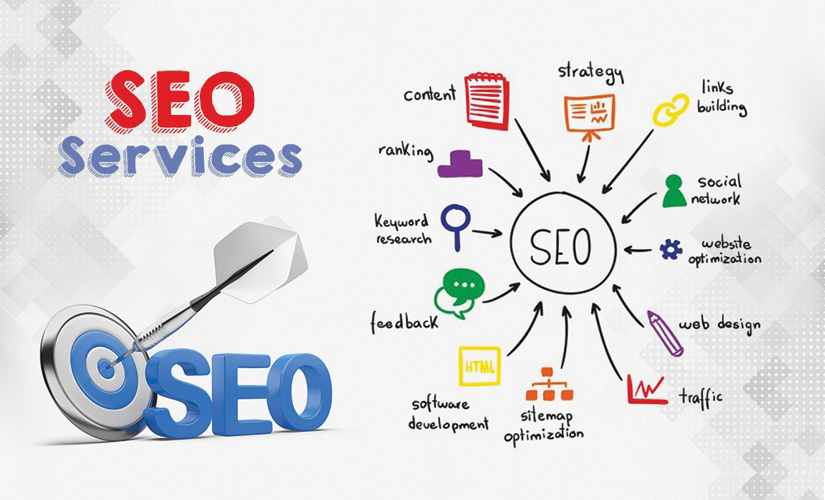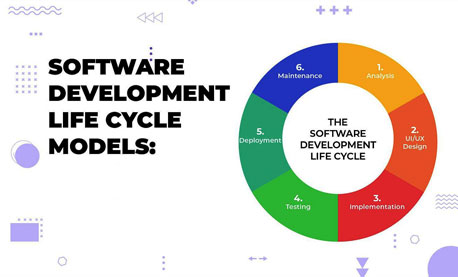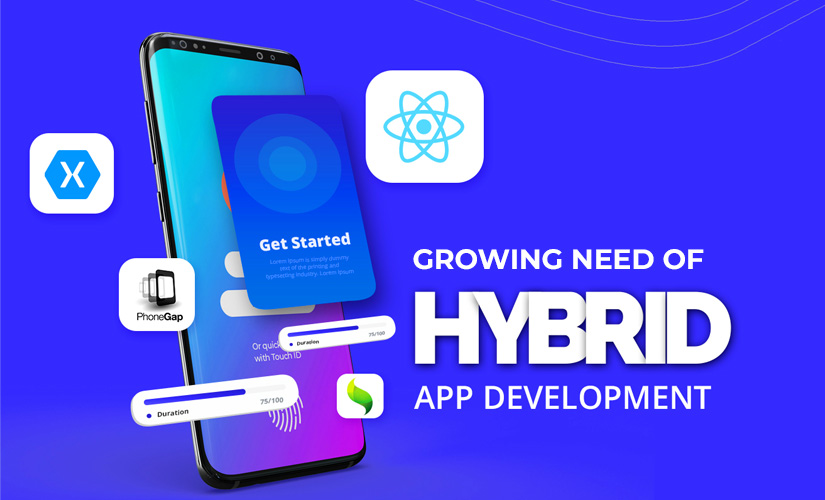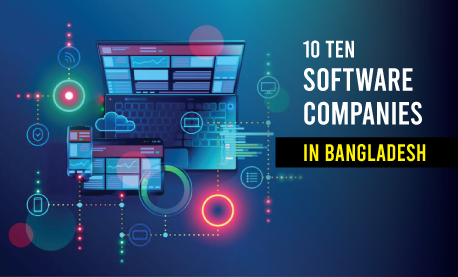In today’s rapidly evolving manufacturing world, efficiency, speed, and adaptability are essential for staying competitive. Production management software has become the backbone of smart manufacturing, providing real-time data, optimizing workflows, and ensuring that every resource is utilized to its fullest potential. This article explores how production management software can streamline manufacturing processes, particularly in competitive markets like Bangladesh, where innovation is key.

What is Production Management Software?
Production management software (PMS) is a comprehensive solution designed to help manufacturers manage, track, and optimize their production processes. It integrates various aspects of manufacturing operations, such as planning, scheduling, quality control, and maintenance. With the rise of Industry 4.0, PMS has evolved to include real-time production management software features, enabling manufacturers to get immediate insights into their production lines and make quick adjustments as needed.
Key Features of Production Management Software:
- Real-time Data Monitoring: Access live data on production rates, downtime, and resource usage.
- Automated Workflow: Streamline manual tasks and reduce operational bottlenecks.
- Inventory Management: Track raw materials, finished goods, and inventory levels.
- Quality Control: Detect and resolve quality issues early in the process.
- Reporting and Analytics: Gain insights through detailed reports to inform decision-making.
Why Production Management Software is Essential
PMS Software is more than just a tool; it’s a strategic asset. By providing a unified platform, PMS enables manufacturers to have complete control and visibility over their production processes. For example, real-time production management software offers data-driven insights, helping companies monitor and optimize their output at every stage.
Some key benefits include:
- Improved Productivity: Automating tasks and optimizing workflows can significantly increase productivity.
- Cost Efficiency: Identifying and reducing wastage minimizes production costs.
- Better Decision-Making: Real-time data allows managers to make faster, more informed decisions.
- Enhanced Customer Satisfaction: Delivering consistent, high-quality products improves customer trust.
Real-Time Production Management Software in Action
By providing up-to-the-minute data on production lines, this software helps managers react instantly to changes, reducing downtime and ensuring production targets are met.
Consider a scenario where a machine malfunctions. In a traditional setup, this could cause delays while the issue is identified and resolved. However, with real-time production management software, managers receive an immediate alert. Maintenance can be dispatched quickly, keeping the assembly line on schedule.
Advantages of Real-Time PMS Software:
- Immediate Issue Detection: Catch and resolve issues as they happen.
- Optimized Production Schedules: Adjust schedules in real time based on machine availability and performance.
- Increased Efficiency: Reduce idle time and keep production on track.
- Data-Driven Decisions: Use live data to make decisions that improve overall performance.

How Smart Manufacturing Solutions are Revolutionizing Production
Smart manufacturing solutions integrate advanced technologies like IoT, AI, and machine learning with production management software to create a fully connected manufacturing environment. This approach transforms traditional manufacturing processes into smart, flexible, and highly responsive systems.
- IoT in Manufacturing: IoT-enabled devices collect data across the production line, providing real-time insights into machine performance, maintenance needs, and production metrics.
- AI and Machine Learning: These technologies analyze patterns, predict potential failures, and optimize production schedules.
- Data-Driven Insights: Real-time analytics give managers the information they need to optimize production.
Example of Smart Manufacturing in Bangladesh
Bangladesh, known for its textile and garment manufacturing, has seen remarkable improvements through smart manufacturing solutions. By adopting production management software and real-time monitoring, textile companies are able to reduce fabric waste, improve production speed, and maintain consistent quality—resulting in increased profitability and customer satisfaction.
Choosing the Right Production Management Software
Selecting the best production management software for your organization depends on several factors. Companies need to consider their production volume, complexity of their operations, and specific challenges they face. For example, in Bangladesh, where labor-intensive industries like textiles and garments dominate, software that supports high-volume, low-margin production can be invaluable.
Key Considerations:
- Scalability: Choose software that can grow with your business needs.
- User-Friendly Interface: Ensure ease of use to minimize training time.
- Customization: The software should be adaptable to your specific production processes.
- Integration: Seamless integration with existing ERP and other business systems.
- Support and Training: Quality customer support and training are essential for effective implementation.
The Benefits of PMS Software in Bangladesh
Manufacturing plays a crucial role in Bangladesh’s economy, especially in the textile, garment, and leather industries. The adoption of production management software in Bangladesh can lead to transformative benefits:
- Cost Control: By reducing wastage and increasing efficiency, companies can improve their bottom line.
- Product Quality: Better control over production processes leads to consistent product quality.
- Improved Labor Productivity: Automation of repetitive tasks allows workers to focus on higher-value activities.
- Compliance and Reporting: Software simplifies compliance with both local and international standards.
- Sustainability: By reducing resource consumption, companies can improve their sustainability footprint.
Future Trends in Production Management Software
As technology advances, PMS Software will continue to evolve. Some upcoming trends include:
- AI-Driven Automation: Future software will offer even more sophisticated automation and predictive analytics.
- Enhanced Mobility: Mobile-friendly interfaces will allow managers to access production data from anywhere.
- Sustainability Features: Advanced PMS will include tools to track and reduce environmental impact.
- Blockchain for Transparency: Blockchain integration will enhance traceability and transparency in supply chains.
Final Thoughts
Production management software is a transformation tool that empowers manufacturers to streamline operations, improve productivity and stay competitive. Whether you are a small manufacturer in Bangladesh or part of a large multinational operation, investing in PMS Software with real-time capabilities can yield significant returns.
With real-time PMS Software, manufacturers can achieve better control, make faster decisions, and maintain the flexibility required to adapt to changing demands. As the demand for efficient, agile manufacturing continues to rise, adopting smart manufacturing solutions is not just beneficial—it’s essential.
Investing in PMS Software is an investment in the future. Embracing these technologies now will pave the way for sustainable growth, higher profitability, and a stronger position in the global market. Whether you’re based in Bangladesh or beyond, implementing smart production solutions is the key to long-term success.












